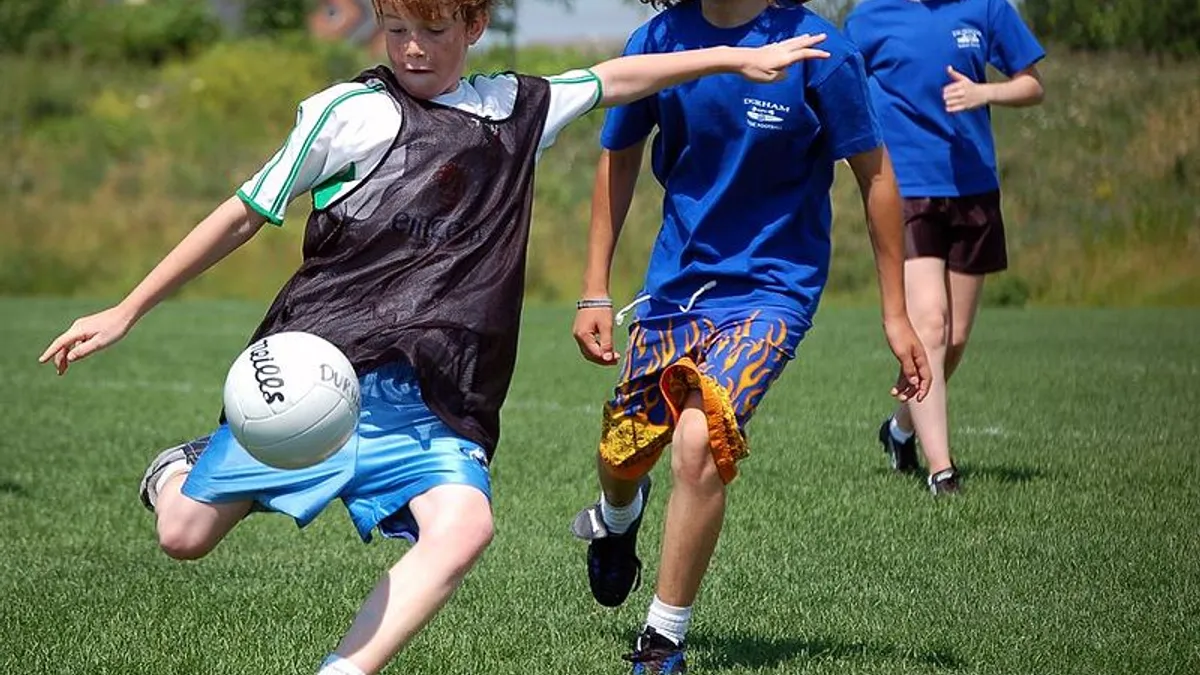Dive Brief:
- Students' levels of cortisol, a hormone that can rise in response to stress, increased 15% right before they took an exam, according to a study published by the National Bureau of Economic Research.
- It’s unclear whether schools’ heavy emphasis on test prep is either helping students stay calm by making them feel prepared or adding to their stress and anxiety, Chalkbeat reports, citing the study.
- Some schools are bypassing assessments completely, turning to project-based learning options. Community Public Charter School in Charlottesville, Virginia, is one such school, which highlights skills building over multiple choice tests, writes EdSurge.
Dive Insight:
Standardized testing is a way for administrators to capture a snapshot of a student’s learning. But that is all this kind of assessment really is — a snapshot of a specific moment in time. Multiple choice testing can’t capture individual characteristics, someone's personality, or even soft skills like those developed through social and emotional learning (SEL) methods.
Some 80% of Americans think these abilities — particularly, how students work with and get along with others — are “very or extremely important,” according to recently published report from assessment firm NWEA. However, only 40% of Americans are “confident that standardized tests can measure these skills,” notes the report.
While academic skills are clearly important to a student’s potential future, more than 80% of all teachers, parents, superintendents and principals note in the NWEA report that they think it’s just as crucial to get a sense of a student’s soft skills as well.
Some states are trying to incorporate more differentiated assessments to capture SEL skills students have absorbed in school to create a more well-rounded picture of a child and their growth. Catalina Foothills School District in Tucson, Arizona, for example, is even noting soft skills on student report cards.
For administrators looking for guidance on how to measure soft skills within academic lessons, the Brookings Institution describes how to assess whether a child can work independently or if they’re bringing materials needed for school every day. The non-profit posted a simple checklist for educators on its website and believes these soft skills should be monitored.
“For example, students who have low scores on confidence in abilities and willingness to work hard may benefit from growth mindset training,” noted a 2016 Brookings report, “Grading soft skills: The Brookings Soft Skills Report Card. “Students who are frequently late to class or absent from school may need counseling and an intervention with parents.”
Just as a student struggling with academics draws attention from educators, a child showing social and emotional concerns should do so as well. The ultimate goal, many educators argue, is to have a student who thrives in all areas.






 Dive Awards
Dive Awards






